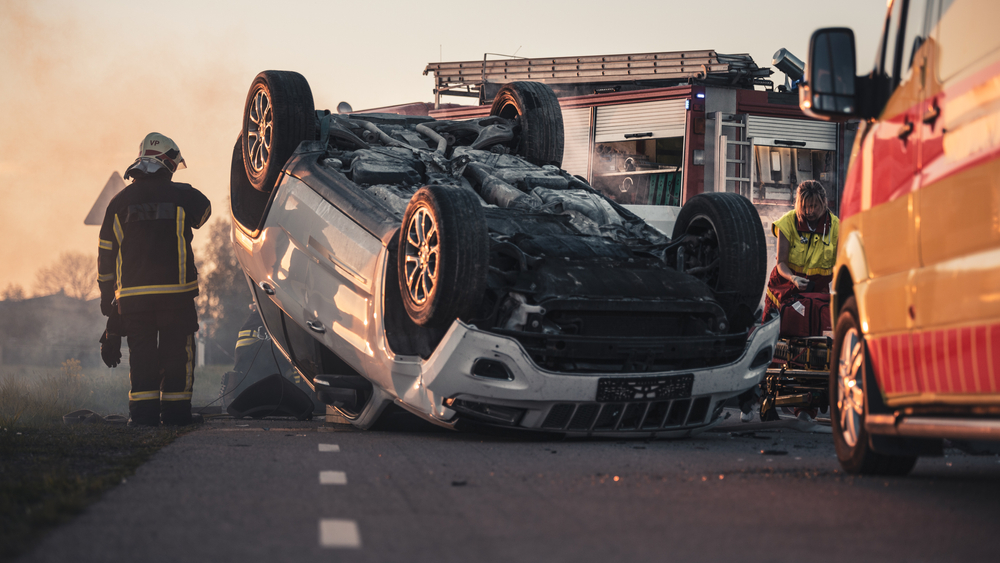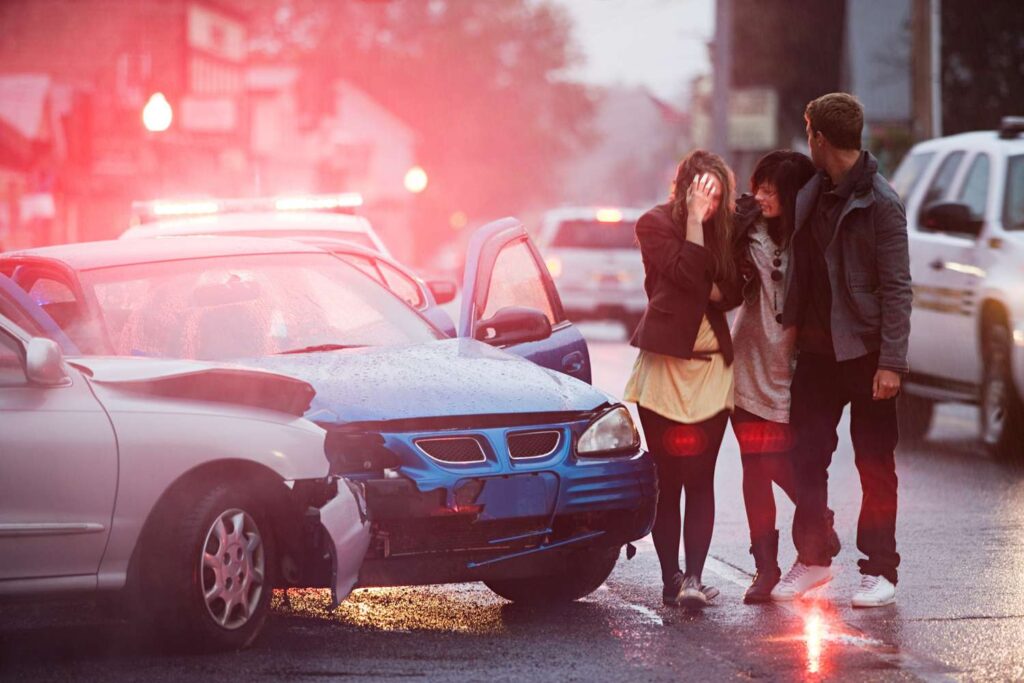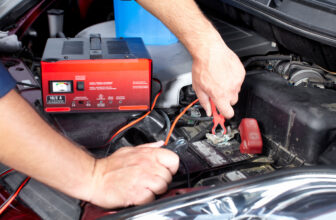
While the physical scars of a car accident might heal over time, the emotional and psychological wounds can linger, often overshadowed by immediate concerns. As survivors grapple with trauma, anxiety, or even guilt, the journey to emotional recovery becomes paramount.
Table of Contents
The Trauma of a Car Accident

Source: verywellmind.com
When the sirens have faded and the wreckage is cleared, many survivors find themselves grappling with emotions that can be as debilitating as physical injuries. The shock, fear, and helplessness experienced during a car accident can leave deep emotional wounds that persist long after the accident scene is gone. Anxiety, depression, post-traumatic stress disorder (PTSD), and survivor’s guilt are just a few of the emotional challenges that survivors may face.
It’s crucial to understand that these emotional wounds are valid and deserving of attention. Emotional recovery is a vital part of the healing journey, and it’s essential to recognize its significance.
As wellness blogger Elizabeth Rivelli explains, “Mental trauma can have a long-lasting effect following an accident, which can make some drivers hesitant to get back behind the wheel. If you have recently been in a serious car accident, you should take the time to understand how a car crash can affect your mental wellbeing.”
These long-lasting effects can include intrusive memories, depressive mood swings, anxiety, avoidance, and altered emotional responses. In some serious cases where PTSD presents itself, these symptoms can be heightened.
How to Heal Emotionally
As you attempt to recover from your car accident, make sure you’re prioritizing your emotional well-being and mental health. Here are some ways to do that:
Seeking Professional Help

Source: teenrehab.org
One of the most effective ways to address emotional trauma after a car accident is by seeking professional help. Therapists and counselors are trained to assist individuals in processing traumatic experiences, managing anxiety, and developing coping strategies.
Therapy provides a safe space for survivors to express their emotions, fears, and anxieties. It can help individuals understand and manage their feelings, ultimately leading to a healthier emotional state. When considering therapy, it’s important to find a therapist or counselor experienced in trauma and emotional recovery.
It’s also important to hire a competent personal injury attorney who specializes in car accidents. While a lawyer certainly isn’t a therapist or counselor, they can absorb all of the stress and complications on the legal and financial side of things. This frees you up to focus on a full recovery.
Connecting with Support Groups
Joining support groups specifically tailored to car accident survivors can provide an invaluable sense of community and understanding. These groups offer a platform to share experiences, fears, and triumphs with others who have walked a similar path.
Peer support can be incredibly comforting and can reduce feelings of isolation. Survivors often find solace in realizing they are not alone in their emotional struggles. Support groups can be found locally or online, making them accessible to almost anyone seeking connection and understanding.
Mindfulness Practices for Emotional Healing
Mindfulness practices can be powerful tools for emotional healing. Mindfulness involves being present in the moment and accepting your feelings without judgment. Techniques such as deep breathing, meditation, and guided imagery can help survivors manage anxiety, reduce stress, and find inner peace.
By incorporating mindfulness into daily life, individuals can learn to respond to their emotions in a healthier way. It provides a means to ground oneself during moments of distress and create a sense of calm amidst emotional turbulence.
Building a Self-Care Routine

Source: instyle.com
Self-care is an essential component of emotional recovery. Taking care of your physical and emotional well-being should be a priority. This can involve simple acts of self-compassion, like setting aside time for activities that bring joy and relaxation.
Consider creating a self-care routine that includes exercise, a balanced diet, sufficient sleep, and time for hobbies and relaxation. Self-care routines are highly individual, so it’s essential to find what works best for you and stick with it.
Moving Forward and Finding Closure
As you progress in your emotional recovery journey, consider setting achievable goals for moving forward. These goals could be related to overcoming specific fears, re-establishing trust in your driving abilities, or finding a sense of closure.
Closure doesn’t mean forgetting the accident but rather finding a way to make peace with the past. It may involve rituals or ceremonies, seeking forgiveness, or dedicating yourself to safety advocacy. Closure is a deeply personal journey, and there is no right or wrong way to achieve it.
Adding it All Up
Remember that you are not alone in your journey, and there are resources and communities available to support you. With determination and support, you can pick up the pieces and heal emotionally after a car accident, finding hope and resilience in the process.







